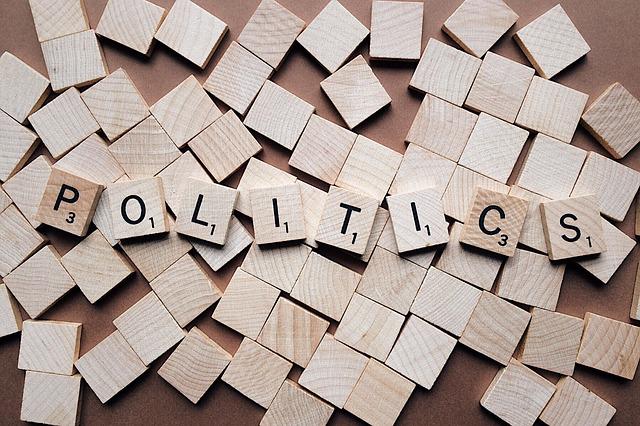
In early August, the Inflation Reduction Act (IRA) was surprisingly pushed forward at breakneck speed. This bill seeks to reduce inflation while combating climate change, high drug prices, and adjust the corporate tax codes. Yahoo Finance’s assessment of the full bill highlights the key features, its pros and cons, and its actual impact on inflation.
The Inflation Reduction Act
There is a lot of positivity orbiting this bill. Environmentalists and seniors alike should be considerably pleased that this bill has seen so much progress in such a short time. The modern legalization process is a complex and lengthy one.
The Environment
The main elements of this legislation deals with are its environmental protections. This bill reallocated about $390 billion to implement processes to cut U.S. emissions by 40 percent by 2030. Additionally, it’d boost electrical manufacturing and drought protections across the U.S.
The environmental portion of the IRA would also add additional requirement to oil drilling and fund the Black Lung Disability Trust for miners that have suffered from the dangerous job.
Healthcare
The aspect of the IRA that pertains to seniors the most is how it adjusts the healthcare system and tackles prescription drug prices. Prescription drug prices have seen a 14 percent rise in the last year alone and are considered the largest expense for many retired seniors.
Historically, Medicare has never been able to negotiate with drug companies to lower prices. However, the IRA seeks to change that. The Inflation Reduction Act would allow the government to negotiate prescription drug costs with the pharmaceutical companies that operate under the Medicare umbrella.
Additionally, the government would be able to institute an inflation related cap on drug costs. This would work to reduce inflation by saving seniors and the government millions each year.
The Impact on Inflation
The final aspect of the Inflation Reduction Act are the adjustments it makes to the corporate tax code. The IRA would start to address the deficit, paying it off using corporate taxes. This adjustment requires the highest earning companies, several of whom pay no taxes at all, to pay a new minimum corporation tax. Plus the new 1 percent stock buyback tax would amount to more than $30 billion in revenue for the U.S. Treasury.
While the carried interest loophole remains, lowering the deficit will help lower inflation as well. The length of time required to do so remains to be determined; however, it’s a step in the right direction. Lobbyists are already working overtime to try and influence the bill — but the Inflation Reduction Act has seen an unprecedented speed and support, they may not get the chance.
For more Social Security news, make sure to follow along with the Council for Retirement Security.


